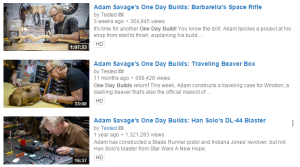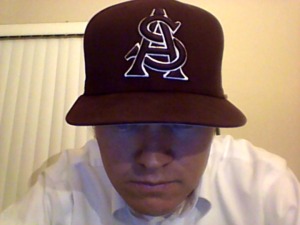As I wrote my 750 words this morning, I discovered that there are two kinds of writing that I do when I am my only audience. These two kinds of writing are great tools for me for getting things done and figuring stuff out.
The differences among these kinds of writing come from what I start out with, and what I want to end up with.
Well, really, there are three kinds of writing, but really only two. I’ll explain.
The first kind is reflective writing. This is when I sit down with some event or experience, or series of events or experiences and I try to make sense of them, either by linking them together into what Lyotard calls a “grand narrative,” by sussing out what even happened, or by analyzing why it happened what it could mean. The end goal of reflective writing is to feel more secure or confident, or to learn about myself and others.
The problem with reflective writing, is that I have a tendency, or at least used to have a tendency, to beat myself up. The writing would sometimes devolve into a pity fest. Just long lists of why I’m not good enough or smart enough, or a deep analysis of why I always fail and why I deserve to be unhappy.
It could get ugly.
But now, reflective writing mainly works to help me make sense of experiences or current and past relationships, or it helps me locate bottlenecks or roadblocks that cut down on my productivity, or else it helps me figure out ways to get better or improve things, or sometimes just to label my experiences, to give things names.
This blog entry is an example of reflective writing where I name things.
The second kind of writing I do that helps me out, I call planning writing. With this, I start out with a goal: sometimes I need to plan a lesson for class, sometimes I need to write a paper, sometimes I need to buy my wife a gift and I sit down and bang out my thoughts on how to get those things done. Planning writing is how I come up with an idea.
Planning writing is invention.
For me this is where the beauty and magic of writing is the most evident. I try to write and to live by the axiom “You don’t know what you are going to write until you write it.” I don’t what is in my head until I have to wrestle into a sentence, which then holds it in place long enough for me to look at it and figure out how I feel about it.
It’s for this same reason that I like improv comedy so much: those actors have no idea what they are going to do until it happens, and when it does happen, it doesn’t feel like invention, it feels like invocation or channeling.
I like that feeling. I like thinking that when I write, it’s not coming 100% out of me, but is somehow distilled from the ether that surrounds me. It’s… exciting.
The (sort of) third kind of writing that I do is freewriting. This is when I have the simple goal of getting words onto a page for the sake of doing it, or to get rid of the chaff words before I get to the good stuff, or to warm up my brain. But the thing is, freewriting almost always at some point turns into one of the other two types.
It usually starts with pointless junk like, “I am now writing a sentence that started with the word I, and now I am wondering if I should have gone to the bathroom before I started. My fingers are moving!” It’s kind of like when a fish tank owner sucks the first bit of liquid through a siphon before the pressure equalizes and the water starts flowing, and then spits out the nasty fish water.
The cool thing is, I can usually actually feel the switch happen from freewriting to planning or reflective writing; it’s when I say to myself, “Oh, ok, this is what I am doing,” and usually comes with a renewed sense of purpose and energy.
That’s also the reason I don’t really count it as a type of writing; it’s a bridge to one of the other two.
So there you have it, the two ways that I write when I am writing for no one else.
Try them out.


